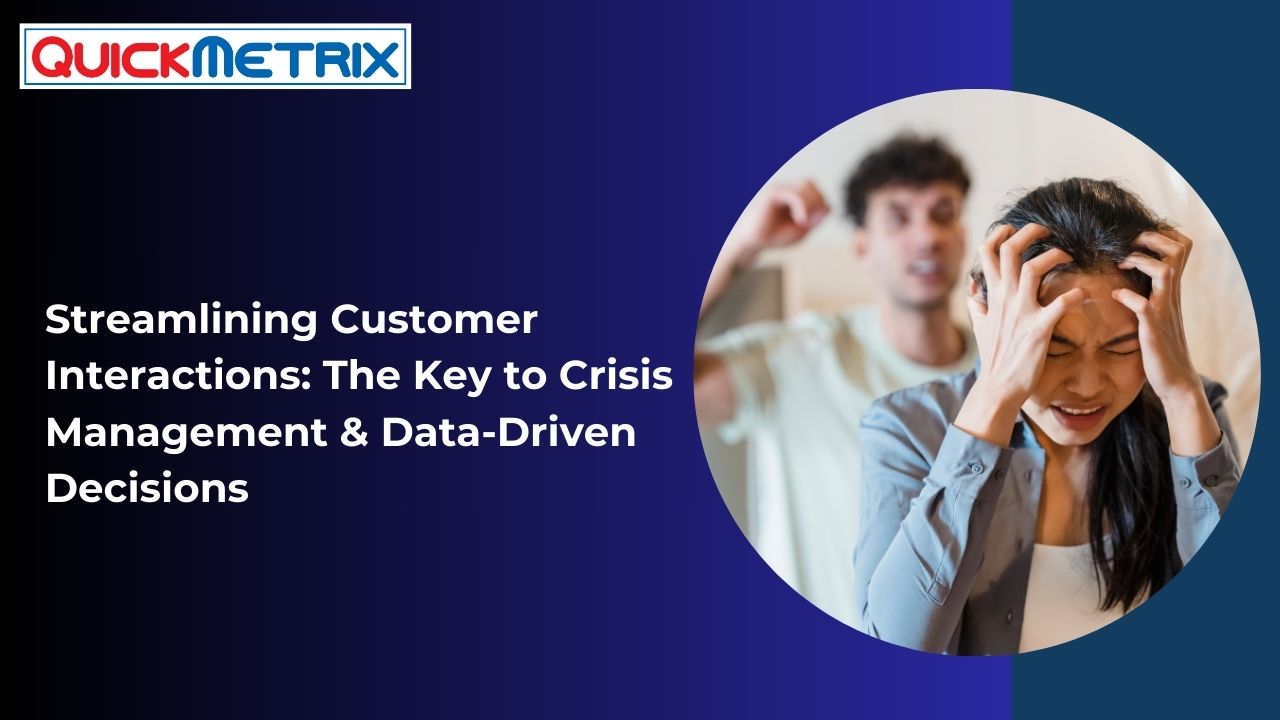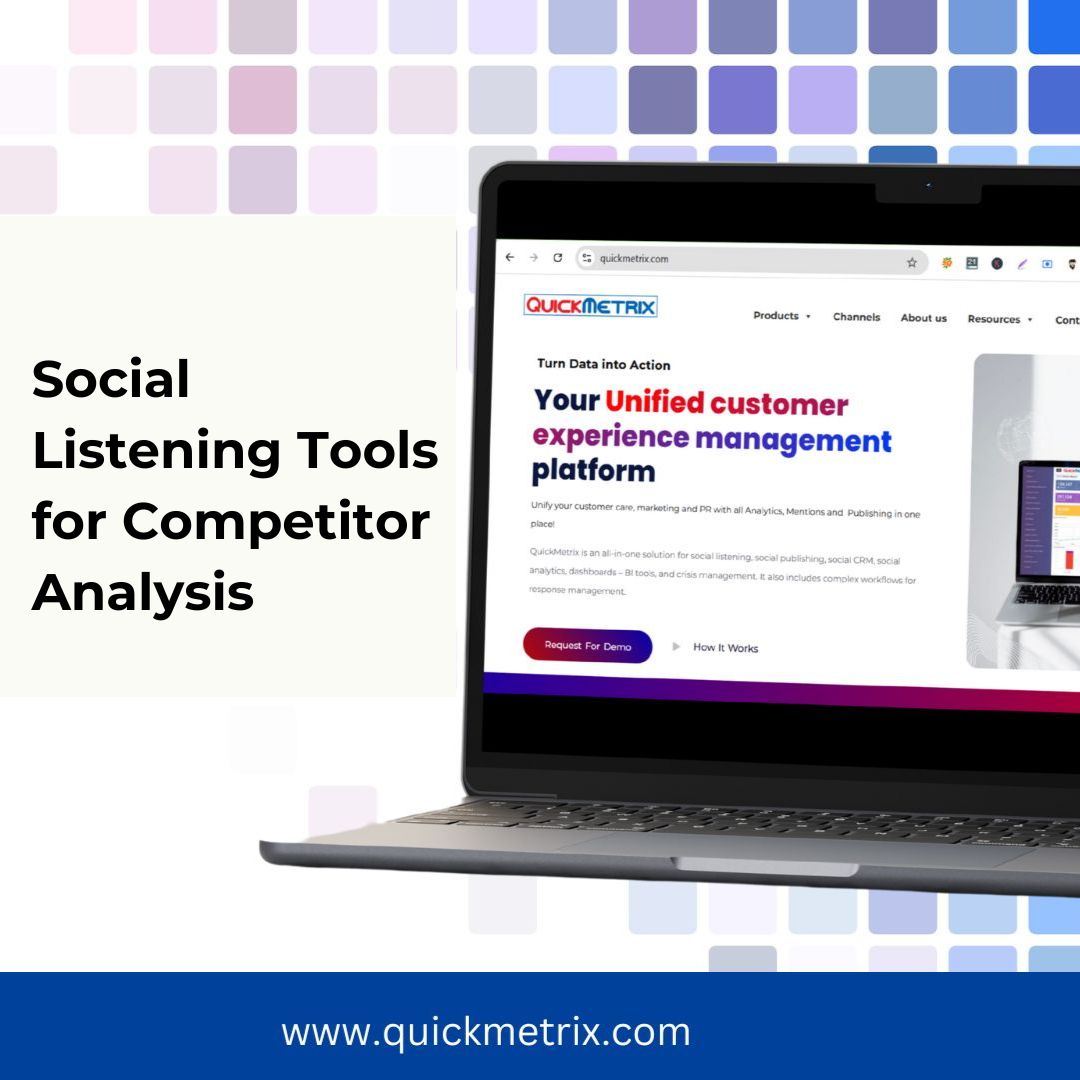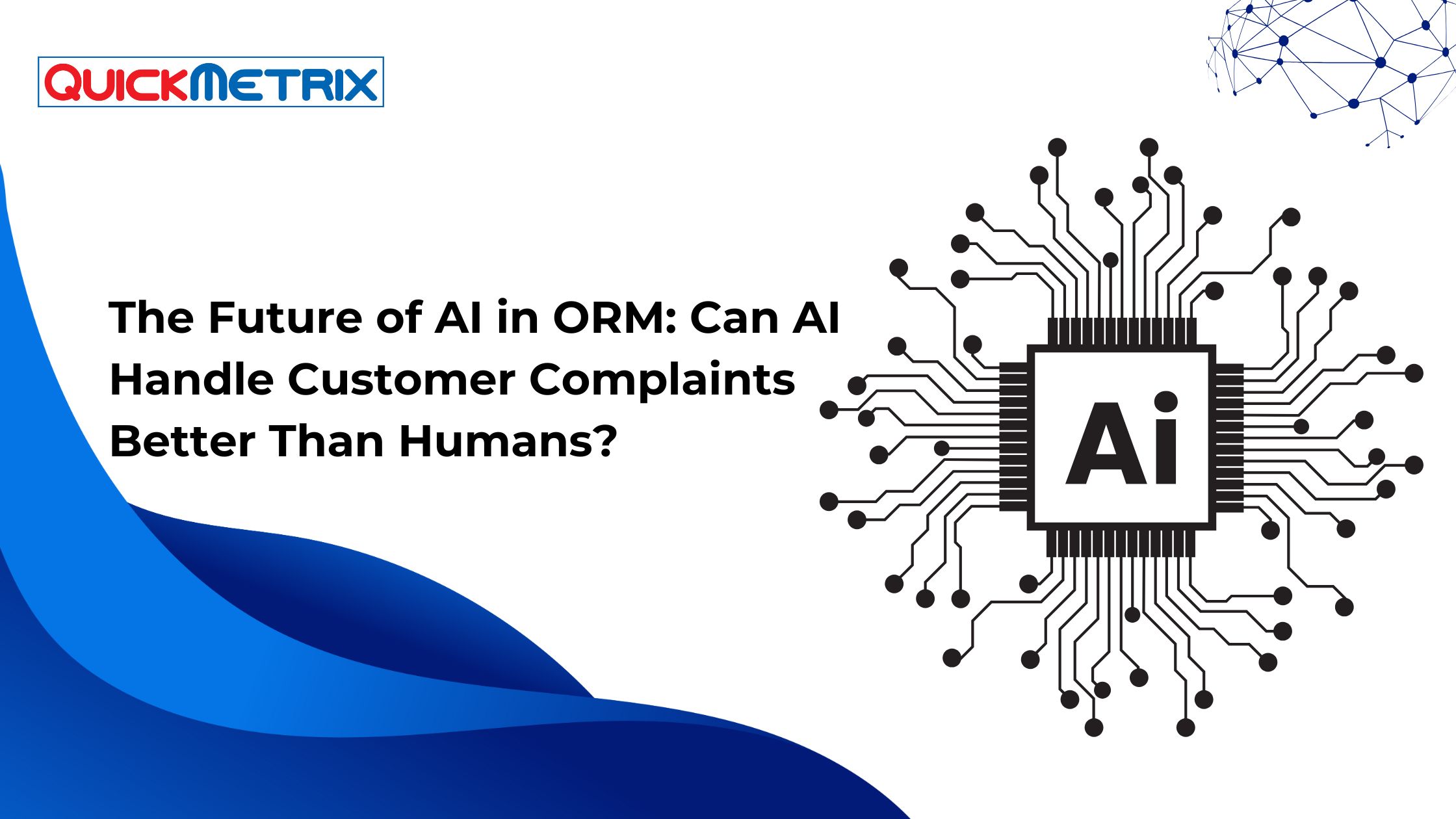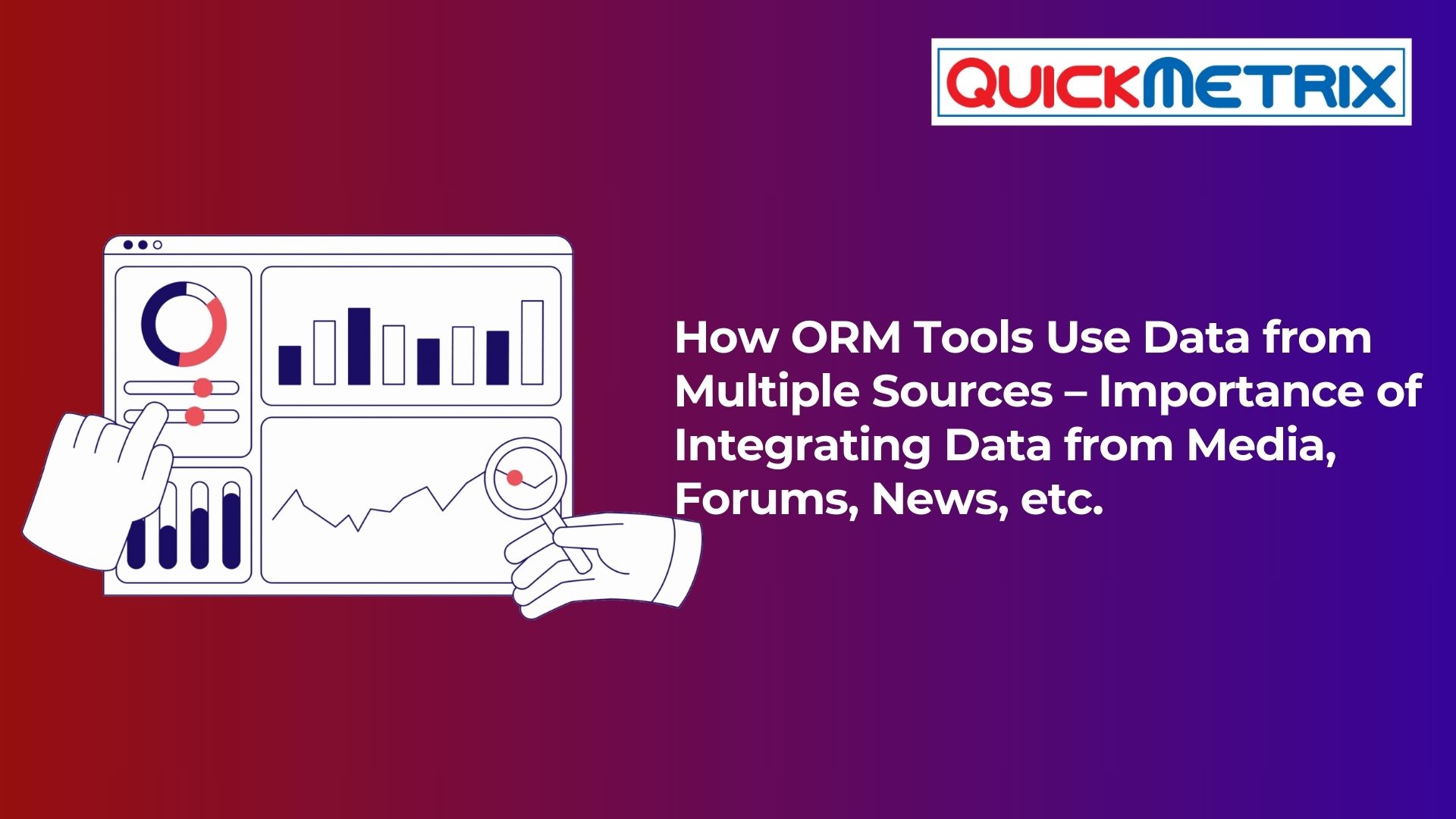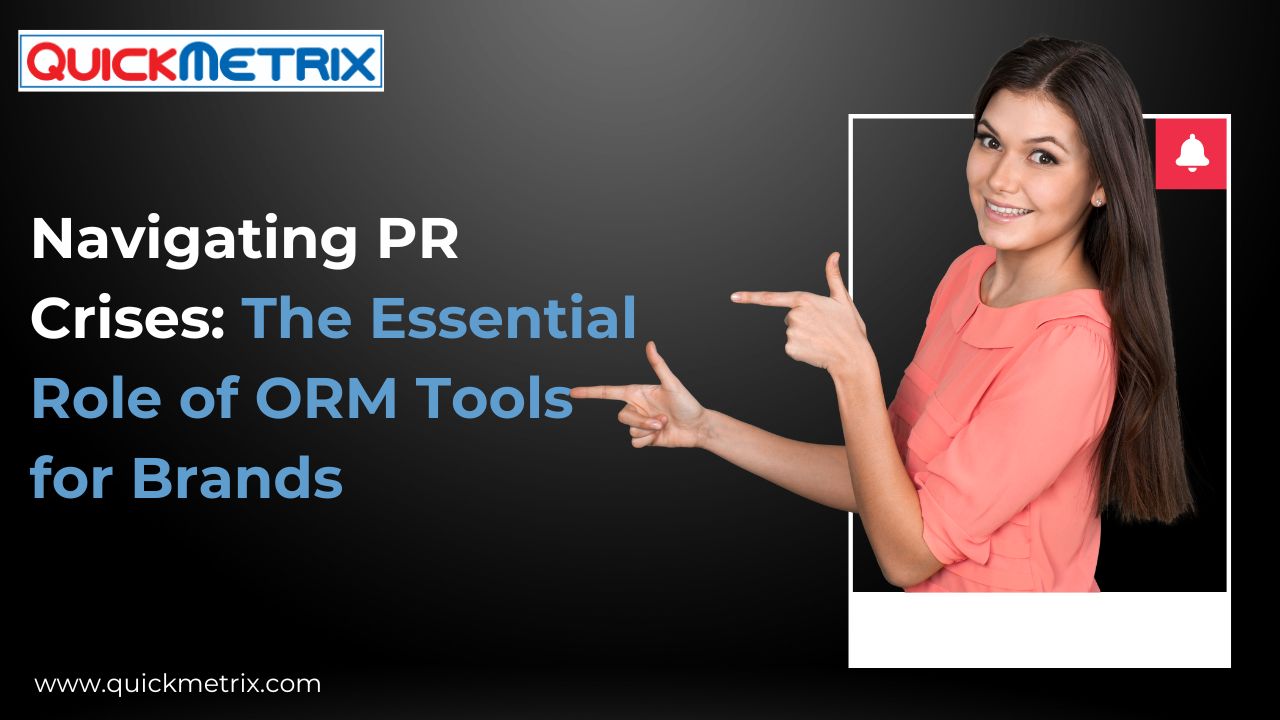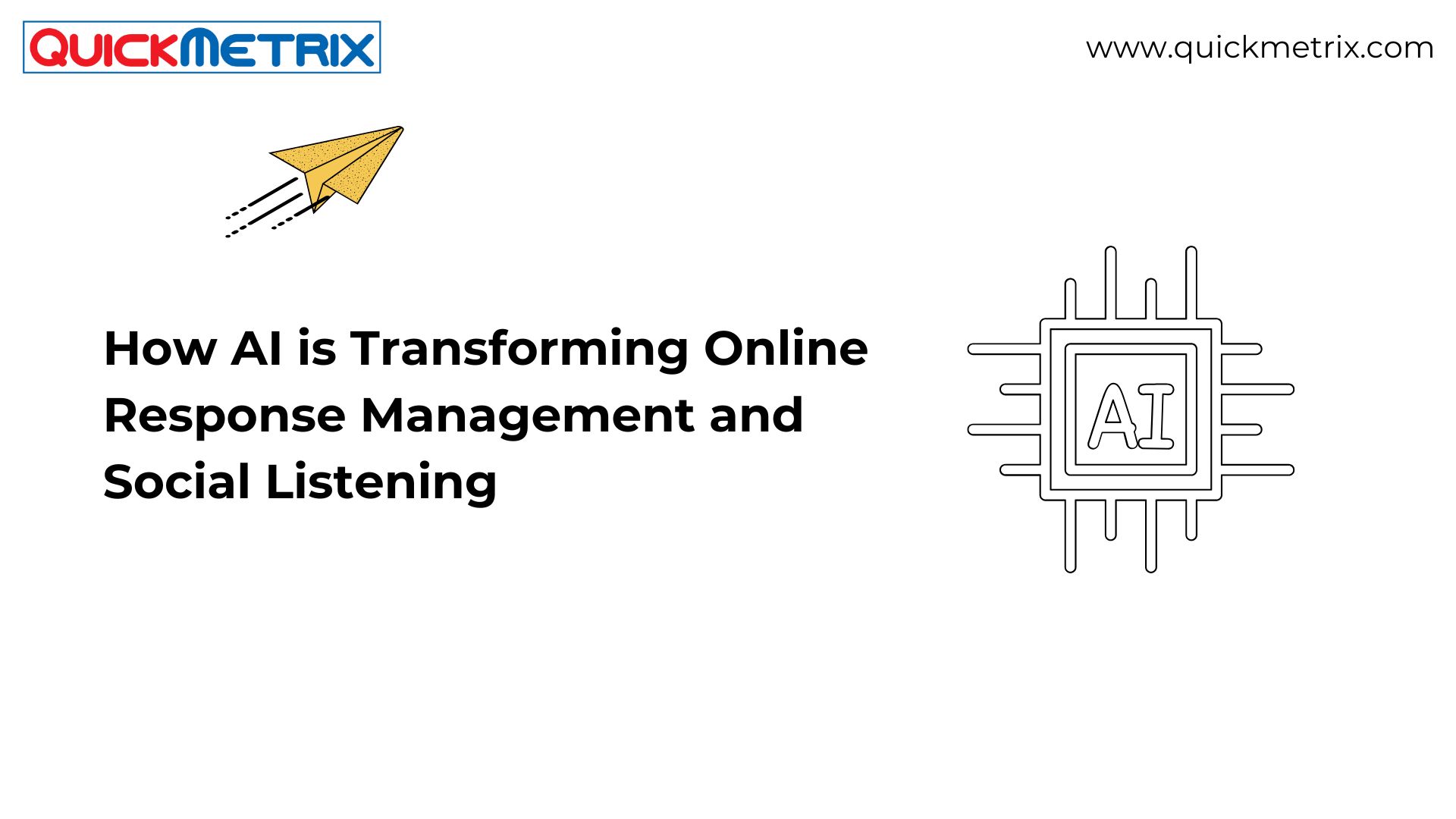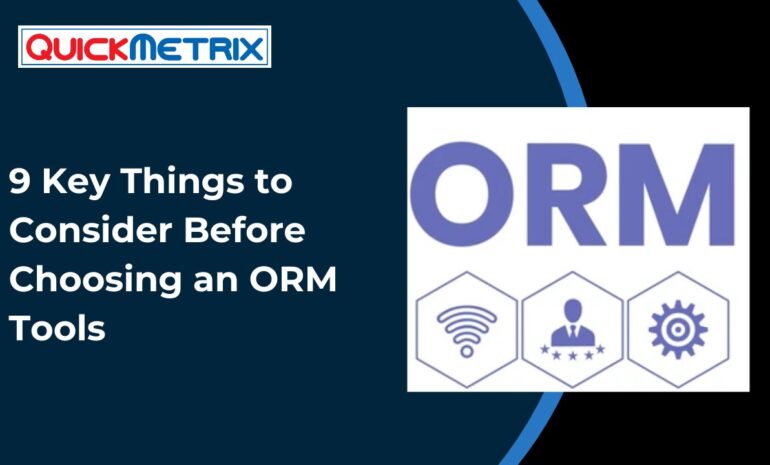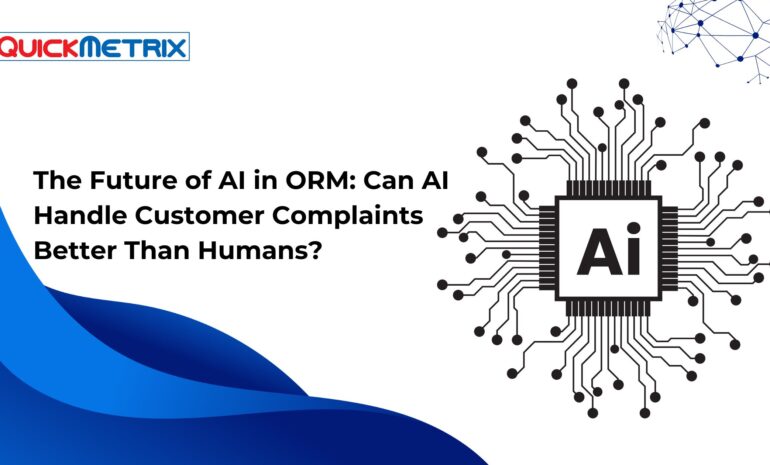Topic to be covered
I. Introduction
- Definition of Reputation Management
- Importance of Online Reputation in 2024
II. Understanding the Digital Landscape
- Overview of Online Presence
- Impact of Social Media on Brand Perception
III. Assessing Your Current Reputation
- Conducting a Brand Audit
- Analyzing Online Reviews and Feedback
IV. Strategies for Positive Online Presence
- Creating Quality Content
- Utilizing Social Media Effectively
V. Dealing with Negative Feedback
- Responding Professionally
- Addressing Criticism Constructively
VI. Influencer Collaborations
- Leveraging Influencers for Positive Brand Image
- Choosing the Right Influencers
VII. Monitoring Tools and Technologies
- Introduction to Reputation Management Tools
- Utilizing AI for Brand Monitoring
VIII. Crisis Management
- Preparing for Potential Crises
- Responding Swiftly to Contain Damage
IX. Legal Aspects of Online Reputation
- Defamation and Legal Recourse
- Protecting Your Brand Legally
- Future Trends in Reputation Management
- Predictions for 2025 and Beyond
- Adapting to Emerging Technologies
XI. Educating Your Team
- Training Your Staff on Reputation Management
- Building a Reputation-Focused Culture
XII. Measuring Success
- Key Performance Indicators for Reputation Management
- Continuous Improvement Strategies
XIII. Building a Community
- Engaging with Your Audience
- Fostering Brand Loyalty
XIV. Conclusion
- Recap of Key Strategies
- Encouragement for Ongoing Reputation Management
Reputation Management: How to Protect Your Brand Online in 2024
It is very important for any business to Maintain a positive online reputation for success. Whether you’re a small startup or a well-established corporation, how your brand is perceived online can significantly impact your bottom line. We’ll explore the ins and outs of online reputation management and provide actionable strategies to safeguard your brand’s image.
I. Introduction
A. Definition of Reputation Management
In simple terms, reputation management involves actively influencing and controlling how your brand is perceived by the public, customers, and stakeholders. It involves monitoring and shaping online and offline opinions, addressing negative feedback, and promoting positive aspects to maintain or enhance a favorable reputation. This can include managing online reviews, social media presence, public relations efforts, and overall communication strategies to build and protect a positive image.
B. Importance of Online Reputation in 2024
In 2024, online reputation holds even greater significance due to the continued integration of digital technologies into everyday life. People increasingly rely on the internet to form opinions and make decisions. Here are a few key reasons why online reputation is crucial. With consumers relying heavily on online platforms for information and decision-making, a positive online reputation is crucial for building trust and credibility.
II. Understanding the Digital Landscape
A. Overview of Online Presence
In today’s interconnected world, your online presence goes beyond just having a website. It includes social media profiles, review platforms, and more.
B. Impact of Social Media on Brand Perception
Social media platforms have become powerful tools that can either enhance or damage your brand’s reputation. Understanding how to navigate these spaces is key.
III. Assessing Your Current Reputation
A. Conducting a Brand Audit
Before implementing any strategies, it’s essential to assess your current online reputation. A brand audit helps identify strengths, weaknesses, and areas for improvement.
B. Analyzing Online Reviews and Feedback
Customer reviews on various platforms provide valuable insights. Analyzing them can guide your reputation management efforts.
IV. Strategies for Positive Online Presence
A. Creating Quality Content
Producing relevant and high-quality content helps establish your brand as an authority in your industry and fosters a positive perception.
B. Utilizing Social Media Effectively
Strategic use of social media platforms can amplify your brand’s message and connect with your audience on a personal level.
V. Dealing with Negative Feedback
A. Responding Professionally
When faced with negative feedback, respond professionally and empathetically. Addressing issues transparently can turn a negative situation into a positive one.
B. Addressing Criticism Constructively
Use negative feedback as an opportunity for improvement. Show your audience that you take their concerns seriously and are committed to making positive changes.
VI. Influencer Collaborations
A. Leveraging Influencers for Positive Brand Image
Partnering with influencers can help amplify your brand’s reach and credibility. Choose influencers whose values align with your brand.
B. Choosing the Right Influencers
Carefully vet influencers before collaboration. Ensure they have an authentic following and a positive reputation themselves.
VII. Monitoring Tools and Technologies
A. Introduction to Reputation Management Tools
Various tools can help monitor your brand’s online presence. Invest in tools that provide real-time insights and analytics.
B. Utilizing AI for Brand Monitoring
Artificial intelligence can analyze vast amounts of data to identify trends, sentiments, and potential risks to your brand’s reputation.
VIII. Crisis Management
A. Preparing for Potential Crises
Anticipate potential crises and have a crisis management plan in place. Preparation is key to minimizing damage during challenging times. negative information can spread quickly. Proactively managing your online reputation enables you to respond promptly to issues, mitigating potential damage and demonstrating transparency and accountability.
B. Responding Swiftly to Contain Damage
In the event of a crisis, respond swiftly, transparently, and decisively. Communicate openly with your audience to rebuild trust.
IX. Legal Aspects of Online Reputation
A. Defamation and Legal Recourse
Understand the legal implications of online content. Know your rights and seek legal recourse in cases of defamation or false information.
B. Protecting Your Brand Legally
Implement measures to protect your brand legally, such as trademark registrations and monitoring for intellectual property infringements.
X. Case Studies
A. Successful Reputation Management Stories
Explore real-world examples of businesses that successfully managed their online reputation. Learn from their strategies and adapt them to your brand.
B. Learning from Others’ Mistakes
Analyze cases where brands faced reputation challenges. Understand the mistakes made and implement preventive measures.
XI. Future Trends in Reputation Management
A. Predictions for 2025 and Beyond
Stay ahead of the curve by exploring emerging trends in reputation management. Proactively adapt to technological advancements and changing consumer behaviors.
B. Adapting to Emerging Technologies
Embrace new technologies such as AI-driven sentiment analysis and blockchain for enhanced reputation management.
XII. Educating Your Team
A. Training Your Staff on Reputation Management
Your team plays a crucial role in maintaining a positive brand image. Provide training on reputation management best practices.
B. Building a Reputation-Focused Culture
Instill a culture within your organization that prioritizes reputation management. Make it a shared responsibility among all team members.
XIII. Measuring Success
A. Key Performance Indicators for Reputation Management
Define measurable KPIs to track the success of your reputation management efforts. Metrics may include online sentiment, brand mentions, and customer satisfaction.
B. Continuous Improvement Strategies
Regularly evaluate your reputation management strategies and make continuous improvements based on feedback and data analysis.
XIV. Building a Community
A. Engaging with Your Audience
Engage with your audience through social media, forums, and other online platforms to create a community that advocates for your brand.
B. Fostering Brand Loyalty
Loyalty programs, exclusive content, and personalized interactions contribute to building a loyal customer base. Foster a sense of belonging within your community.
FAQs
How do I choose the right influencers for my brand?
Look for influencers whose values align with your brand, have an authentic following, and a positive online reputation.
What are the key performance indicators (KPIs) for reputation management?
KPIs may include online sentiment, brand mentions, customer satisfaction, and the success of crisis management efforts.
How can I prepare my team for effective reputation management?
Provide training on reputation management best practices and foster a culture that prioritizes brand reputation And there you have it! A comprehensive guide on online reputation management tailored for the digital landscape of 2024. If you have further questions or need personalized advice, feel free to reach out. Remember, your brand’s reputation is an ongoing effort that requires attention, strategy, and a touch of adaptability. Get started today and secure a positive online presence for your brand.
XV. Conclusion
In conclusion, safeguarding your brand’s reputation in the dynamic online landscape of 2024 requires a multifaceted approach. From proactive content creation to swift crisis management, every step plays a crucial role in shaping how your brand is perceived. Embrace the future trends, learn from both successes and failures, and consistently strive for improvement.
Top Social Listening Tools in 2025: Why QuickMetrix Deserves Your Attention
In the world of digital marketing, conversations are currency. ...
Read More9-key-things-to-consider-before-choosing-an-best-orm-tool (Online response management tools)
IntroductionIn today's hyper-connected world, a single unresolved tweet or ...
Read MoreStreamlining Customer Interactions: The Key to Crisis Management and Data-Driven Decisions
Streamlining Customer Interactions: The Key to Crisis Management and ...
Read MoreSocial Listening for Financial Services: How Banks & FinTechs Stay Ahead
Introduction to Social Listening in Financial Services Definition ...
Read MoreThe Journey of QuickMetrix: Insights from Surendra Baliga on Building a Successful SaaS Business
The entrepreneurial journey is often filled with challenges, learning ...
Read MoreMastering the Market: How to Use Social Listening Tools for Real-Time Competitor Analysis
1. Introduction to Social Listening Tools1.1 What is Social ...
Read MoreHow to Get the Most Out of Social Listening Tools and Why Businesses Invest in Them
How to Get the Most Out of Social Listening ...
Read MoreListening to the Noise: How to Monitor Conversations That Matter to Your Brand
Understanding the Importance of Monitoring Brand Conversations 1.1 The Role ...
Read MoreThe Future of AI in ORM: Can AI Handle Customer Complaints Better Than Humans?
I. Introduction to Online Response Management (ORM)/ Online reputation ...
Read MoreHow ORM Tools Use Data from Multiple Sources – Importance of Integrating Data from Media, Forums, News, etc.
What is ORM ToolsOnline response Management (ORM) tools are ...
Read MoreTop Features to Look for in an ORM Tool for B2B Companies
Top Features to Look for in an ORM Tool ...
Read More2025 Digital Marketing Predictions: What’s Next for Brands?
2025 Digital Marketing Predictions: What’s Next for Brands?IntroductionDigital marketing ...
Read More15 Social Listening Tools for Your Brand in 2025
Why Social Listening Matters A winning social media strategy starts ...
Read MoreCreating a Seamless Customer Experience with Integrated ORM Solutions
Creating a Seamless Customer Experience with Integrated ORM SolutionsI. ...
Read MoreNavigating PR Crises: The Essential Role of ORM Tools for Brands
Understanding ORM: The Basics Definition of ORM (Online ...
Read MoreHow AI is Transforming Online Response Management and Social Listening
Introduction to Online Response Management Definition and ImportanceOnline ...
Read More


